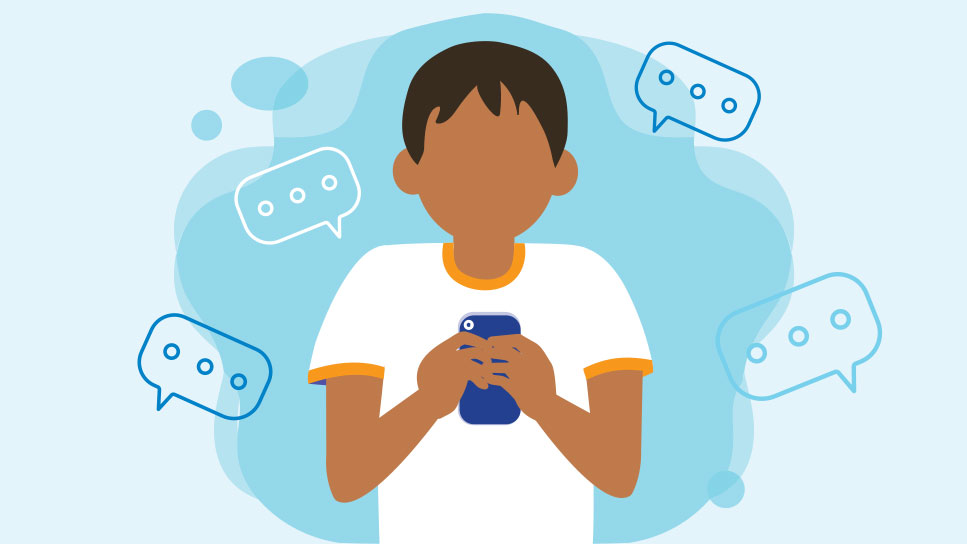As technology and the internet become more prevalent in today’s culture and our everyday lives, the effects continue to manifest themselves, especially in adolescents. “A study of more than 6,000 12 to 15-year-olds found those who used social media more heavily were more likely to report issues such as depression, anxiety, and loneliness, as well as aggression and antisocial behavior, than teenagers who did not use it,” says The Telegraph. As depression and suicide rates in young people rise, the link between social media and the health and well-being of teenagers is becoming more apparent. With suicide being the second leading cause of death amongst adolescents, attempts in US children and teens have nearly doubled between 2008 and 2015, and overdose rates within the last decade have significantly increased, despite previous declination. 90% of US teenagers use social media, and the average American teen spends 5-9 hours online per day. Teens who use social media for three or more hours per day have twice the risk of developing mental health issues such as anxiety and depression compared to those who do not. 95% of teenagers own a smartphone, and 53% of children own a smartphone by the age of 11. 50% of teens admit to feeling addicted to said cell phones.
Social media is often viewed as a creative form of self-expression and a positive way to stay connected to one’s friends, while the dangers it poses are being completely ignored. Cyberbullying, online harassment, receiving misinformation, and consuming the prevalent negative content anyone who has used social media platforms are well aware of are just some of the many issues. One out of four teenagers have experienced cyberbullying, which is heavily linked to low self-esteem, depression, and suicidal thoughts or behaviors. Children and teens can easily be peer-pressured into doing things on the internet they would never think of doing in the real world.
Social media content undoubtedly proposes an unhealthy diet culture and negatively influences one’s body image by promoting unrealistic beauty standards. This culture leads to issues such as low self-esteem, depression, and disordered eating. “Researchers reviewed and analyzed 32 studies from 16 countries and found that 22% of children and adolescents showed disordered eating behaviors,” CNN says.
Social media has also been shown to affect the physical health of adolescents. The CDC recommends that children and teens get at least an hour of physical activity per day, and the increasing usage of technology is proven to significantly impact important daily activities such as exercise. The usage of social media is linked to a decrease in physical activity, even by as much as 95%. The lack of physical exercise and living the sedentary lifestyle that internet addiction lends itself to are also linked to unhealthy diet and obesity. Social media risks teens from receiving an adequate amount of sleep and/or having a reasonable sleep schedule, therefore affecting academic performance and grades. Young people may deal with the mental, emotional, social, and situational consequences linked to social media use or addiction by abusing substances or engaging in self-harm.
Not only does social media affect today’s youth mentally, emotionally, and physically; the social health of young people is suffering just as much. Prolonged feelings of loneliness and isolation due to cyberbullying or social media-induced mental conditions can lead to antisociality, which means less face-to-face communication and time spent with peers. This considerably affects relationships and one’s happiness and sense of personal achievement. Viewing others’ fabricated and idealized lives via social media platforms can cause children and teenagers to question their own self-worth, being, and value. This can lead to unhealthy communication in the real world. Engaging in risky behavior online can turn into dangerous real-life situations that may result in devastating outcomes.
As the magnitude of social media and technology continues to impact our world, more and more young people’s health, lives, and futures are on the line. Social media remains a fatally significant cause for concern for our youth today.

